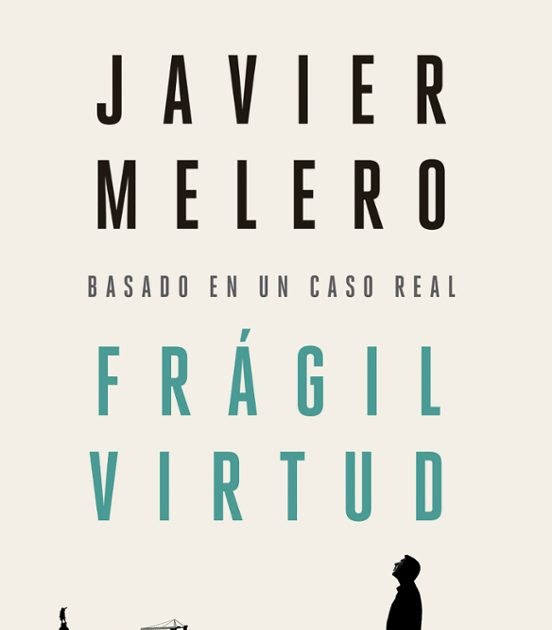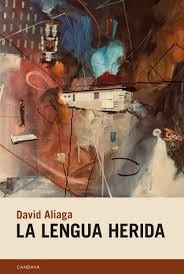
Idioma original: español
Year of publication: 2023
Valuation: very weak
Javier Melero, the author of this novel, is a lawyer. A popular lawyer as a representative of some of the politicians in the Procés trial. Something that brings him a certain repercussion and, apart from his professional performance, although as a consequence of it, he is frequently called upon to participate in discussions, not always of a political nature, but in any case he usually distances himself from the majority current and has collaborated with some relevant cultural media. I mean, it’s not that he was matter of time I don’t think that the one who was going to launch himself into narrative is so well-known that he could be called a media writer. A definition that, in our closed micro-world, is somewhat pejorative. But something in his oratory suggested that he thought he had something to contribute, apart from handling famous cases from his law firm.
Four times, from the cover to a page before the story begins, we are warned that Fragile virtue It is based on real events, on a real case in particular in which, everything suggests, Melero himself had to intervene as a criminal lawyer. Of course, names and circumstances that are too obvious have been duly altered to avoid problems. And of course, all this has given the author free rein to take all the creative licenses necessary to build a story with some narrative pulse, because here there are crimes, business plots, investigators, police forces and all kinds of characters typical of something that is defined as “halfway between the true crime and the crime novel” involves. A murdered businessman as a starting point that involves partners, hitmen, mafias, exchanges of drug packages, police suspicions, sexually explicit scenes to show that not everything is work… And lawyers. Of course. My alternative assessment should be shoemaker, stick to your shoes because Melero, despite his efforts, here only shows a lack of narrative skill, from his inability to be clear in the development of the plot – it is only clear to us that the narrator is the lawyer of the accused of the crimes – to his lack of ability to generate a narrative crescendo that justifies this reading. Because this interposed character seems more interested in dropping opinions, whether about the scene of the action, a touristic and gentrified Barcelona, about the gastronomic and/or alcoholic offering of the places (these, yes, real) that he goes to, about the politicians themselves, subtly including some very similar to those he represented, more interested in that sometimes than in his own professional conduct.
Although the novel’s ultimate handicap, apart from a prose somewhat prone to obvious comparisons and digressions in order to justify an opinion or a somewhat forced cultural reference, are the dialogues. The novel is full of them and they are an alarming Achilles’ heel. When we are not going excessively towards the jargon of the trade (perhaps Melero should remember that anyone interested in the crime genre or even judicial processes has already seen this a lot), the exchanges of phrases between the characters are either stereotyped or not credible, without the slightest hint of being real and not staged to explain situations. With quite a few clearly untimely terms and even expressions too anchored in generations. Melero, who in his interventions in other media expresses himself with clarity and even an entertaining eloquence, here seems like a boomer making fun of his children’s friends. And as brilliant as one may be in the short-term, in an interview, one should get used to the idea that this is not a novel that one can defender.
Source: https://unlibroaldia.blogspot.com/2024/07/javier-melero-fragil-virtud.html


